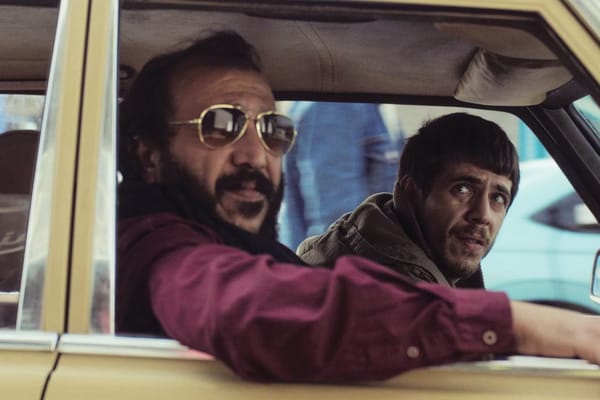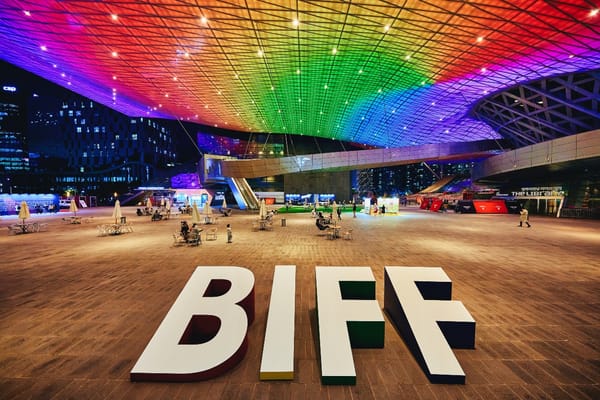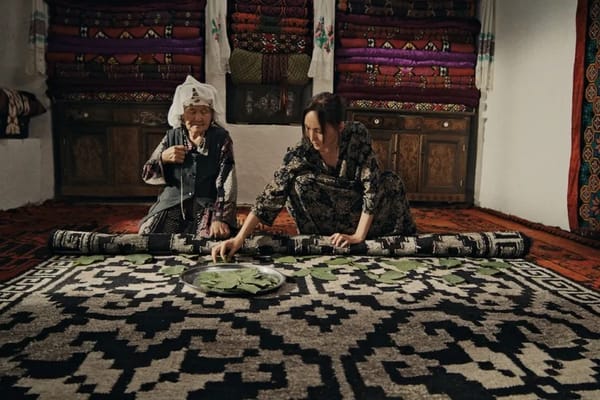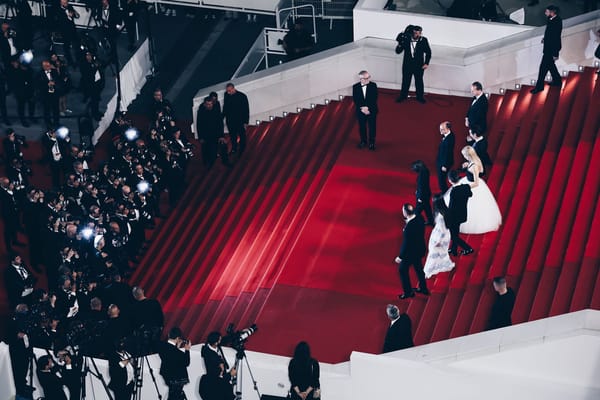FESTIVALS: Korean, Chinese Films Triumph At Far East Film Festival
Lee Jang-hoon's Miracle: Letters To The President was presented with the Golden Mulberry, while China's Return To Dust and Too Cool To Kill took multiple awards.
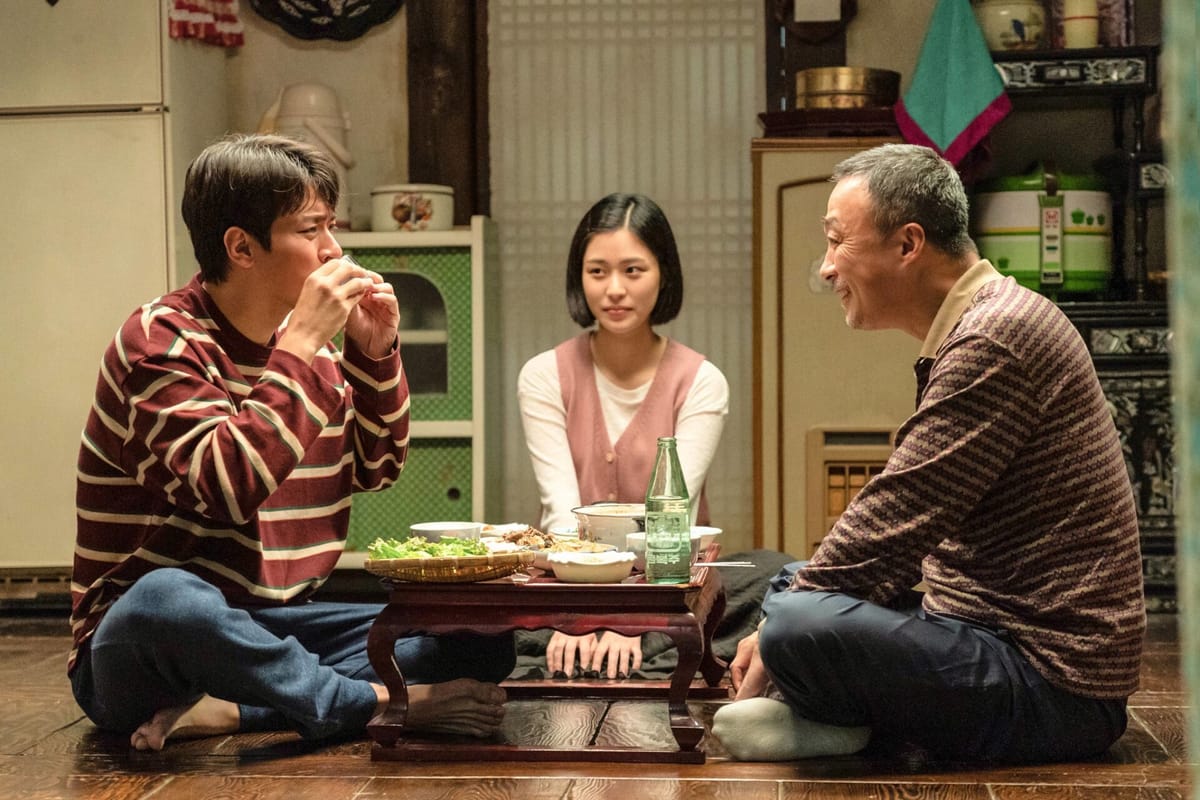
Miracle: Letters To The President (pictured), directed by Korea’s Lee Jang-hoon, was awarded the Golden Mulberry, the top audience award of the Far East Film Festival (FEFF) in Udine, Italy, at the festival’s closing ceremony on Saturday night (April 30).
Set in the 1980s, the film tells the story of a maths prodigy who lobbies to bring a train station to his remote village. It was released theatrically in South Korea over the Chuseok holidays last year.
Second and third place audience awards went to two Chinese films, Li Ruijun’s Return To Dust and Xing Wenxiong’s Too Cool To Kill, respectively. Return To Dust, which premiered at this year’s Berlin film festival and has sold widely to international distributors, also won the popular vote from FEFF’s Black Dragon ticket holders. The Purple Mulberry award, voted on by users of online platform Mymovies.it, went to political drama Kingmaker from Korea’s Byun Sung-hyun.
Too Cool To Kill also picked up FEFF’s While Mulberry for best first film, selected by a jury including Italian directors, the Manetti Brothers, and Rotterdam festival director Vanja Kaludercic. The Sergio Amidel Goriza International Award for best screenplay, voted on by a separate jury including screenwriter Massimo Gaudioso (Gomorrah), went to Japanese filmmaker Jojo Hideo’s Love Nonetheless.
This year’s FEFF took place as a mostly in-person event, with packed screenings in the main festival venues, the 1,200-seat Teatro Nuovo and the smaller Visionario, which drew an audience of around 40,000. All guests were required to wear FFP grade masks in screenings. The festival had been forced to move online in 2020 and 2021, due to the pandemic, and retained an online element this year, offering a selection of its programme on the Mymovies.it platform.
Star guests who made the trip in person included Hong Kong actresses Stephy Tang and Josie Ho. However, the recipient of this year’s Golden Mulberry Lifetime Achievement Award, Japanese director Takeshi Kitano, made a last-minute decision at Tokyo’s Narita Airport to turn around and not make the trip. Accepting the award in a virtual ceremony, he blamed the decision on airport lounges, Covid and the war in Ukraine, but did tease that he’s working on a new film that he promised to bring to a future edition of the festival.
FEFF also welcomed a large contingent of Asian and European industry at the parallel Focus Asia and Ties That Bind events, which hosted a series of in-person pitching sessions, seminars and workshops. For many Asian industry professionals, this was the first opportunity to meet in person with their European counterparts since the start of the pandemic as Asia’s national borders have only recently started to open. FEFF Campus, a training initiative for young film journalists, was also held mostly in-person, with one aspiring journalist joining virtually from lockdown in Shanghai.
At the closing ceremony, FEFF director Sabrina Baracetti announced that the next edition, which marks the 25th anniversary of the festival, will be held April 21-29, 2023.

